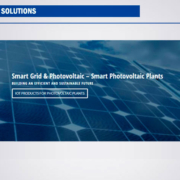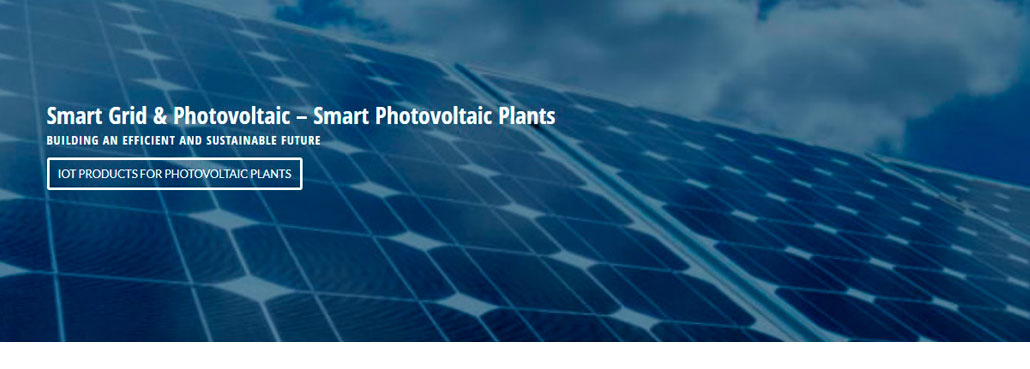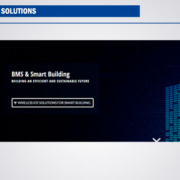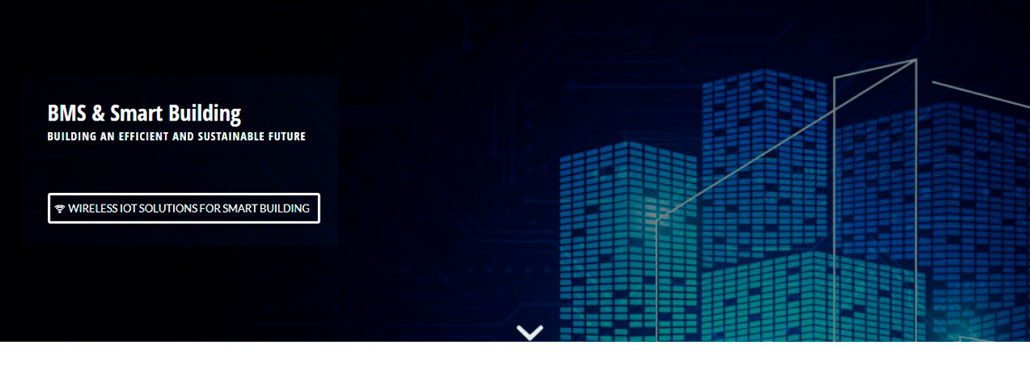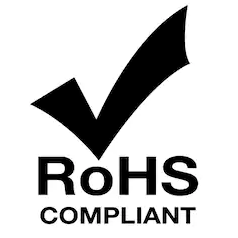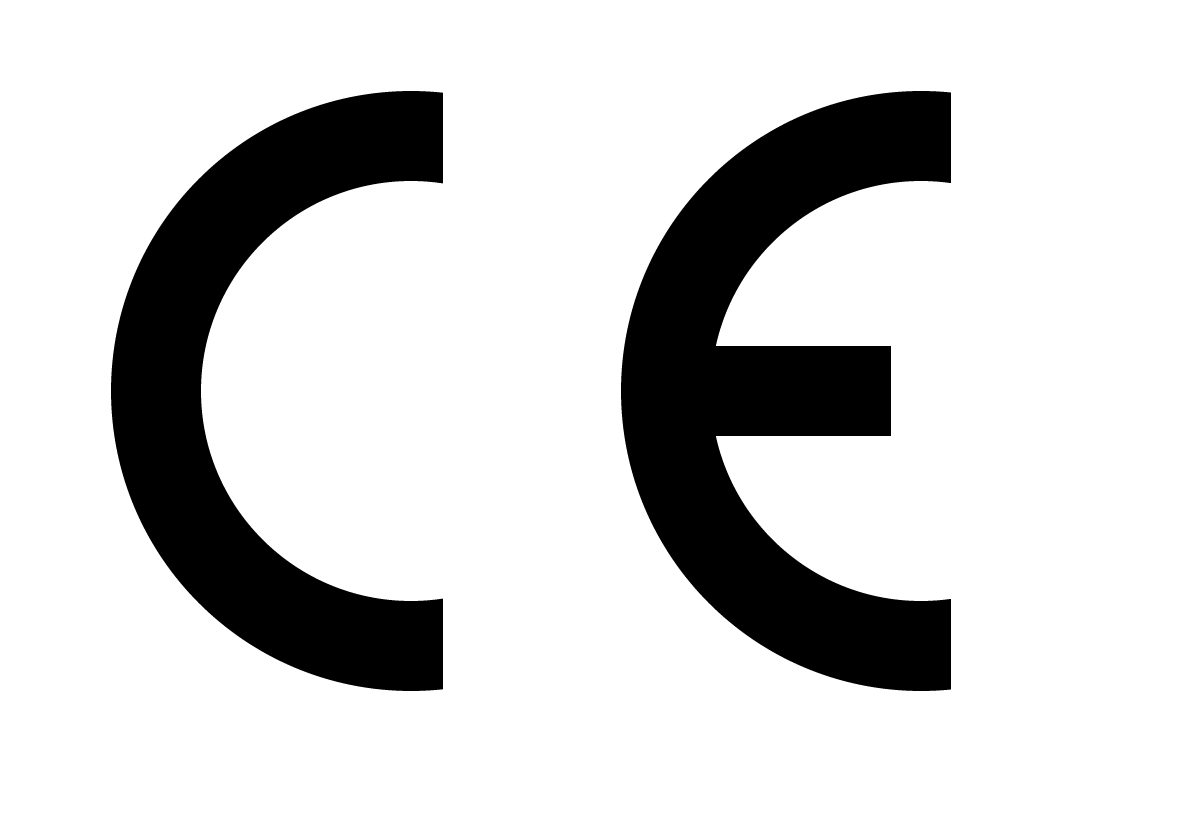Trends in IoT for Smart Photovoltaic Plants
Smart Photovoltaic Plants
The smart PV industry has been experiencing steady growth in recent years and is expected to continue in the near future. With the increase in demand for renewable energy and the need to reduce environmental impact, IoT solutions are becoming an essential part of the monitoring and control of these plants.
In 2023, IoT trends for Smart Photovoltaic Plants are expected to include the use of gateways and sensors to improve the efficiency and profitability of these installations. IoT gateways act as a bridge between the sensors and the plant monitoring and control system, allowing two-way communication and real-time data analysis. Sensors , meanwhile, collect information about solar panel performance and environmental conditions, allowing plant operators to make informed decisions to improve performance.
IoT sensors and smart gateways, such as WebdynSunPM , allow constant monitoring of energy production, panel performance and early detection of failures.
IoT solution developers and integrators have great potential in this ever-growing industry and need to be aware of these trends in order to take full advantage of them.
Do you have a photovoltaic solution project? Our team of experts is available to help you find the best option for your project. Feel free to contact us if you have any questions or need help. Make the most of the advantages of solar energy!
Contact us

